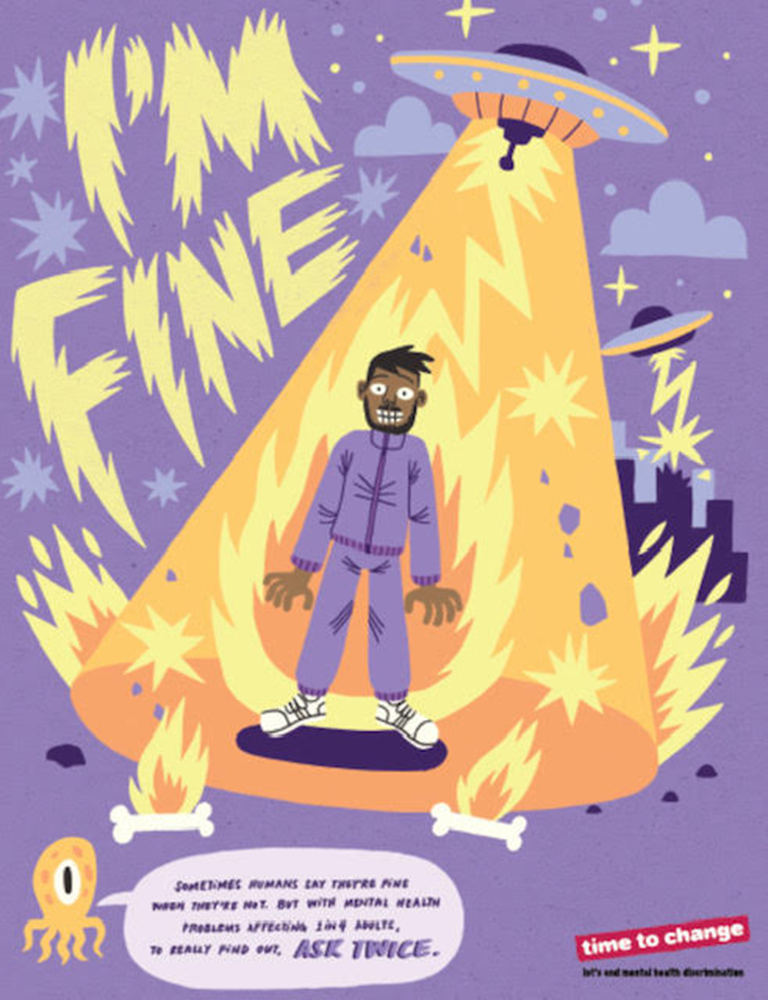Life can sometimes get hectic and we often forget about ourselves. It is important to however stop and reflect, “Am I ok?” It is easy to forget and neglect ourselves. We need to be honest with our inner self. Prioritising our needs encourages enhanced wellbeing. It is about tuning in to our inner self than looking outside for happiness or stress relief. 1 in 4 people are affected by mental health. Furthermore, it is a myth to think we cannot help someone with a mental health problem. We all go through times which are challenging but it is about how we manage ourselves.

Do you know of the following services which can help?
- Self-referral for the Bedfordshire wellbeing service. One can fill out and refer themselves via their website.
- Call 111 for further support or see a GP if more urgent.
- In crisis, often when someone is stuck or if they feel suicidal then patients can go to A and E as there is a crisis team there that can help or to call 999.
- Samaritans UK can be contacted on 116 123. This is a free one to one support helpline, which runs 24 hours for someone to listen.
- SHOUT is crisis text line which is 24 hours and can be accessed on 85258.
- Don’t forget to speak to the people around you too such a good friend or family.
There are lots that can be done to gain help for yourself or to help someone else such as, checking in, listening, being non-judgemental, treating them the same way as we wish to be treated, and asking twice if they are ok. This can go a long way.
Our overall well-being is important to maintain a healthy lifestyle; this can include exercise, healthy eating and also having a balanced lifestyle. This integrates with healthcare and is an important aspect that is often forgotten about and therefore neglected. We need to nurture ourselves. Sometimes it is not merely the body or the mind. It is much more complex as they both interrelate.
In treatments I often use cranial osteopathy or relaxation techniques such as deep breathing to help patients and they often respond well to this approach especially if they are highly sensitive and have pain from a traumatic event such as an accident. Sometimes the body holds onto tension and the patient is unable to be reciprocal to hands on contact and therefore cannot tolerate hands on treatment. This is where deep breathing and visual imagery can help. Stress is another factor that makes us hold onto our body. I often teach patients how to relax and in this way it helps them have a speedier recovery.
I often find a tender point for example and ask patients to visualise it slowly vanishing; this visual imagery can sometimes help let go of tension which is unknowingly held. Try the following visual imagery. I often give this as homework to my patients who find it hard relaxing.
Hope you enjoy the rest of your day and carry forward the calmness.
Aranee Navaratnam, M.Ost, D.O., N.D., Bsc, Bsc (Hons) MCSP
Osteopath and Physiotherapist